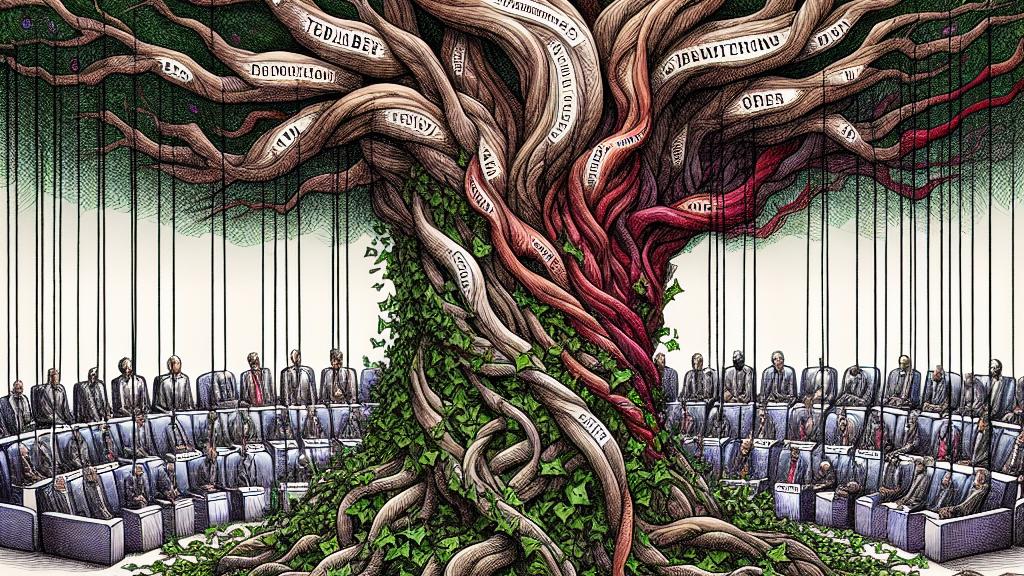Jordan Votes: A New Era for Tribal Politics Amidst Tensions!
Overview
- On September 10, 2024, Jordan will hold pivotal parliamentary elections that could redefine its political future.
- New electoral reforms are designed to reduce tribal dominance and enhance political party participation.
- Escalating anti-Israel sentiments may position Islamist parties for greater electoral success amid regional turmoil.

Electoral Changes in Jordan
September 10, 2024, is a date that carries the weight of change for Jordan, as it marks a significant moment in the country’s political evolution. With the implementation of a new electoral law, the landscape is poised for transformation. This law seeks to break the stronghold of tribal influences, vivid like ivy wrapping tightly around a tree trunk, choking potential growth. For the first time, a total of 41 seats have been set aside specifically for a variety of political parties, allowing dynamic voices to surface in a political arena that has often been muffled by tribal loyalty. Picture this process as a reboot: facilitating a transition from a rigid structure to a more flexible, engaging political environment that invites broader participation and representation.
The Impact of External Conflicts
As Jordan approaches these elections, the shadow of the ongoing Gaza conflict looms large, stirring emotions and influencing public sentiments. Anti-Israel feelings within the population are not just superficial—they run deep, like roots entwined in soil, nourishing the growth of political factions. In this charged atmosphere, Islamist parties, the largest opposition group, may find themselves riding a wave of support, akin to surfboards catching the crest of a tumultuous sea. They will likely harness the anger of citizens, channeling it into political momentum. This underscores a critical point: the interplay between regional turmoil and local political outcomes can dramatically alter the electoral equation, shedding light on the intricate connections that define Jordanian politics.
The Challenges Ahead
However, the journey towards representative governance in Jordan is fraught with challenges. The existing electoral system still favors rural, tribal territories, creating a skewed representation that often sidelines urban areas where the Palestinian population resides. This scenario is reminiscent of an age-old imbalanced scale, where one side consistently outweighs the other. King Abdullah’s decision to push forward with these elections, despite the turbulence in the region, signals a strong commitment to maintaining stability, yet raises questions about the effectiveness of such reforms. Will they yield genuine progress, or will they merely serve as a facade, akin to a fresh coat of paint on an aging structure? As the nation stands at this crossroads, the outcome will ultimately hinge on whether these changes can bridge the deep-rooted divides and foster a culture of inclusivity and engagement.

Loading...